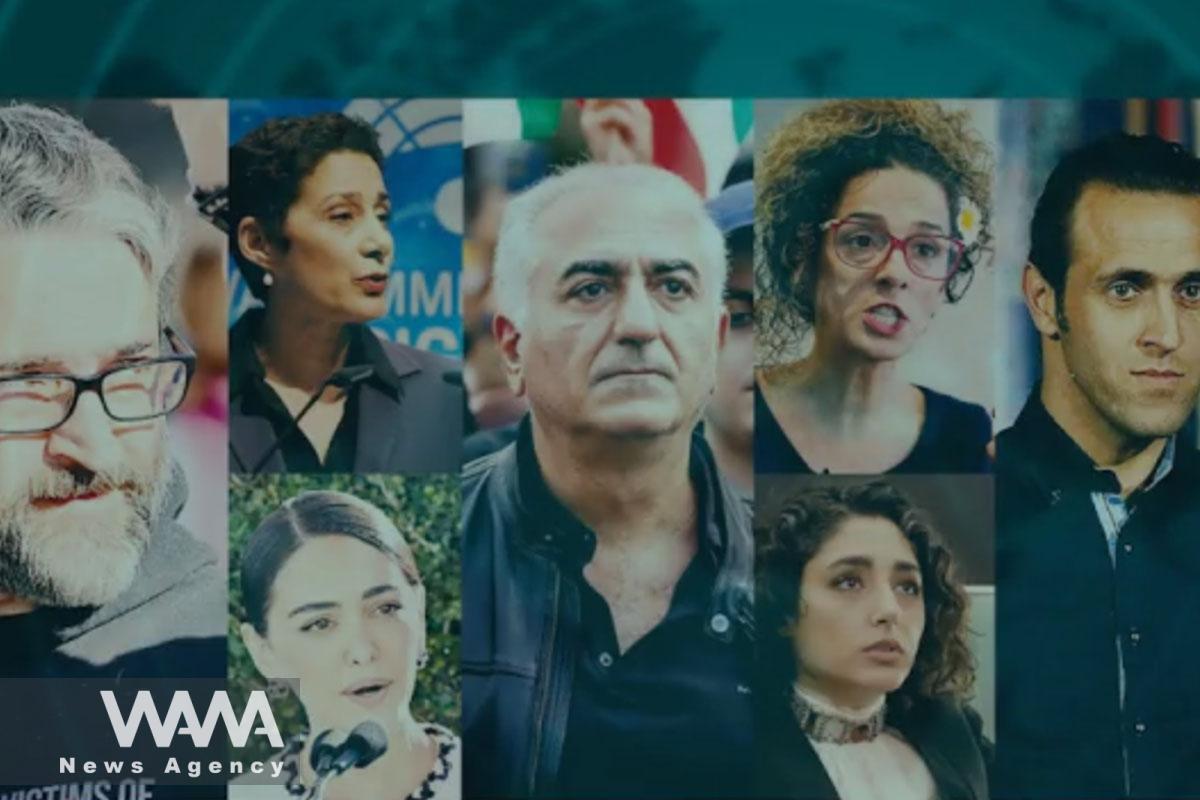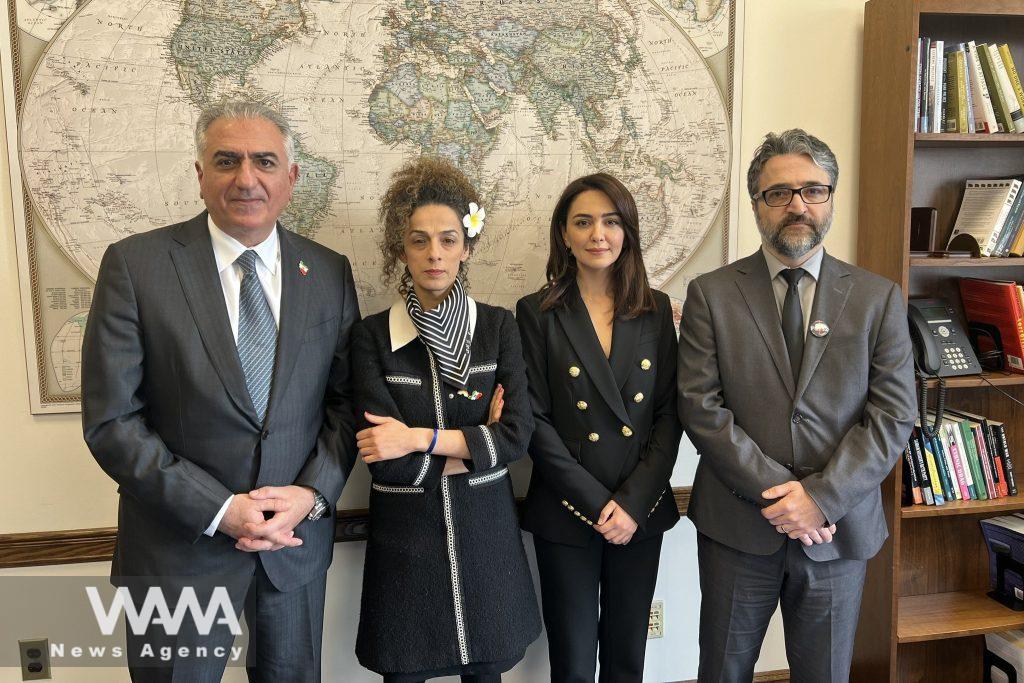Opportunistic Subversives Beloved by Governments
WANA (May 14) – The death of Mahsa Amini, a 22-year-old girl, at the moral police station in Iran became a cause for street protests. The riots, which started in the fall of the previous year, finally ended after about 150 days.
From the first days of these protests, the Iranian government believed that anti-Iranian people and groups outside the country wanted to incite and abuse widespread demonstrations.
Provoking and encouraging violence during the recent unrest, media, technological and political support of Western countries to rioters, and incitement of certain groups to advance the policy of “separatism” confirmed the view that the protests have external supporters in the direction of regime change with the method of street violence.
The opposition of the Islamic Republic of Iran, which has been known for decades for deceiving Western and Eastern politicians by exaggerating any protest from inside Iran, this time again in the hope of getting more funds and benefits from the governments and security services, has adopted the policy of exaggerating protests and personal branding.
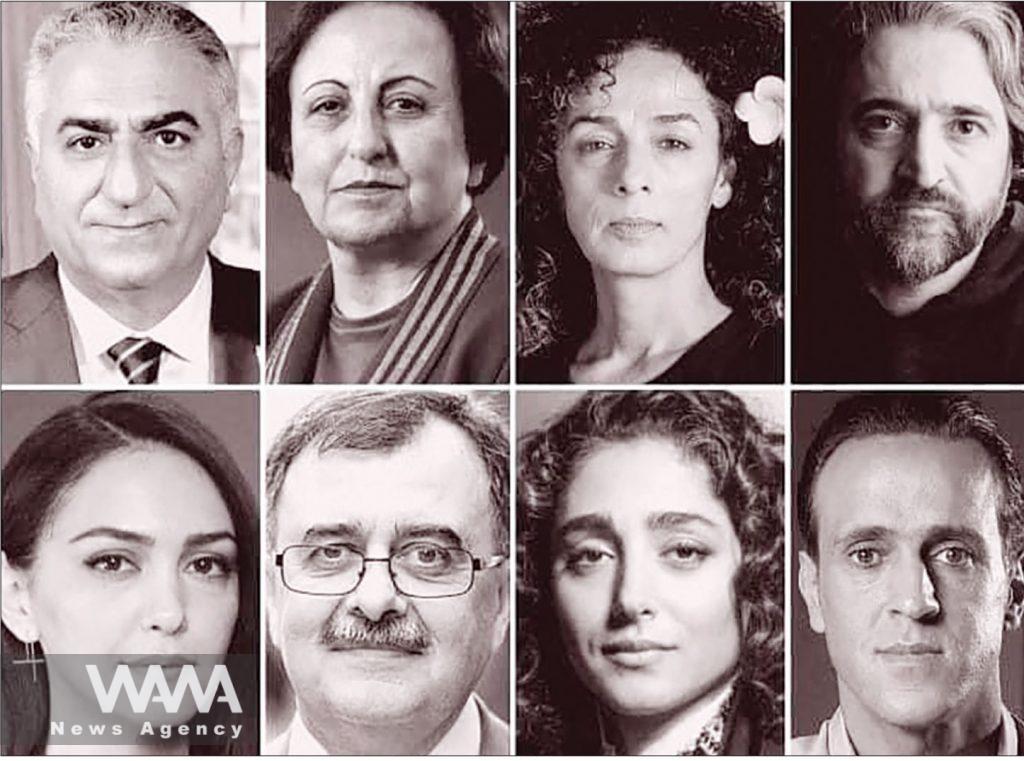
In the meantime, a group of the opposition, which seemed unsuccessful in the actual space and the streets of Iran, put rioting in the virtual rooms on their agenda.
Inflammations in cyberspace caused people to position themselves as the political leaders of the protests, whose last campaign was tweeting from under the blanket.
“Nazanin Bonyadi” is one of those who managed to make her name known in the last few months. An English actor was born in Iran. She used to live in Iran for a brief period.
Someone who became a member of the “Opposition Solidarity Council” with a few stories and Instagram posts. A few days later, She said goodbye to this council, saying she was tired of the insults given to her!!!
“Masih Alinejad” has been trying to confront the legal principle of “hijab” in the Islamic Republic through this virtual space for several years. These days, she does not have many fans inside Iran and even among the opponents of the Islamic Republic.
Some documents published by the American government, especially during the Donald Trump era, show that Alinejad’s act was not out of sympathy for Iranians but as a job in the service of the American government.
According to one of these contracts published in 2018, Masih Alinejad received more than 400 thousand dollars from a council known as BBG.
These days, when there are no more objections in Iran, “Alinejad” is still trying to make her employers hope for the continuation of riots.
In the first days of the riots, Alinejad met with French President Macron to get European officials to support the protesters. When she talked to Macron about overthrowing the Iranian government, the French President emphasized, “We have no duty, no We believe, and we do not want to change (Iran’s) political system.”
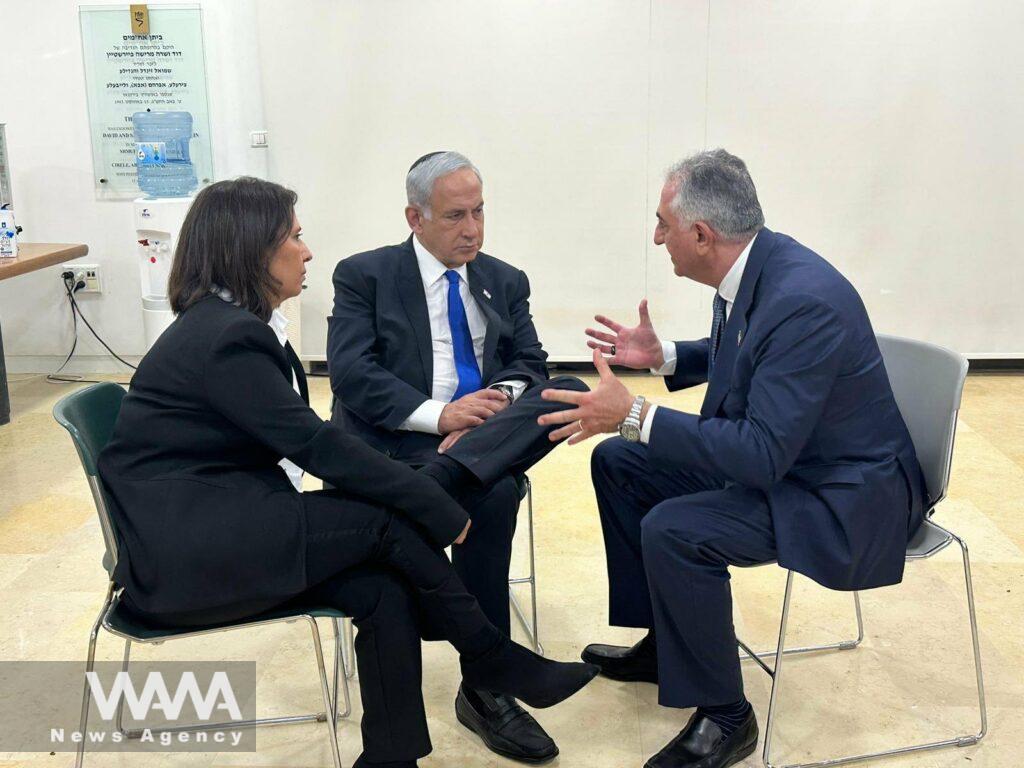
Reza Pahlavi visits Israel. April 2023. Social media / WANA News Agency
The trip of Reza Pahlavi, the failed son of the last Shah of Iran, to Israel also met with adverse reactions from users in cyberspace. “Reza Pahlavi,” who summed up the “freedom” slogan in the mixing of men and women in public places and not having a “hijab,” had to pray next to the wall of “Nadeba” in a segregated space.
The Prime Minister of Israel did not even arrange an official meeting for him and only hosted him in a room with plastic chairs. Iranians interpreted the trip to Israel by the grandson and son of the two “great dictators of Iran’s history,” Reza Shah and Mohammad Reza Shah, as a political folly.
The “Opposition Solidarity Council,” formed by Nazanin Bonyadi, Hamed Esmaeiliyon, Reza Pahlavi, and Masih Alinejad, collapsed after most left this council, to be another experience of the opposition’s unsuccessful efforts on the issue of Iran.
“… not even an Iranian flag can be seen among them (he referred to when the opposition held a rally outside or inside Iran). They say nothing about Islam and the religion of most Iranian people. The majority of them were not familiar with this beautiful Iranian tradition, and one of them is a famous separatist…” this was part of the opinions of Abdul Karim Soroush, one of the famous opponents of the Islamic Republic of Iran who lives in the West, about the wrong activities of the opposition.
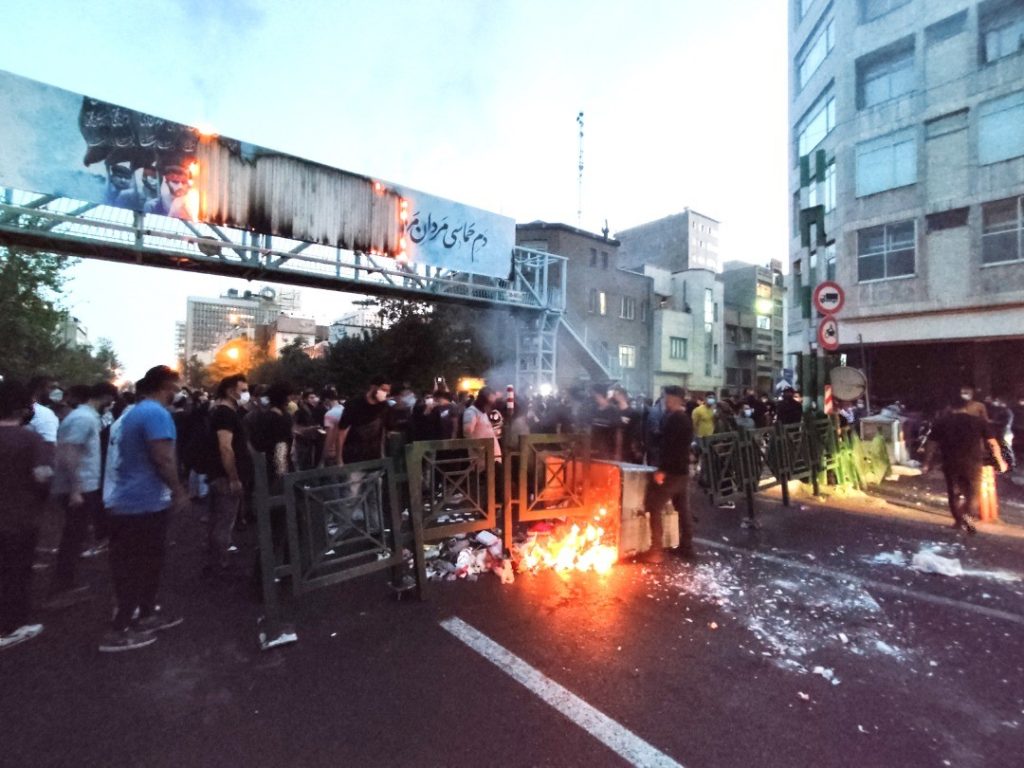
People attend a protest over the death of Mahsa Amini, a woman who died after being arrested by the Islamic Republic’s “morality police” in Tehran, Iran, September 21, 2022. Handout / WANA (West Asia News Agency)
In the recent turmoils, the opposition groups could not win the trust of Iranians. Persians are more disappointed with these opposition groups of the Islamic Republic than before, believing that these sects cannot create positive changes that benefit the people and improve the economic and political situation.
From the perspective of the majority of Iranians, the opposition groups outside and even inside Iran are not concerned about the people’s livelihood. They want to create financial or political opportunities for themselves, their families, and their party members.

